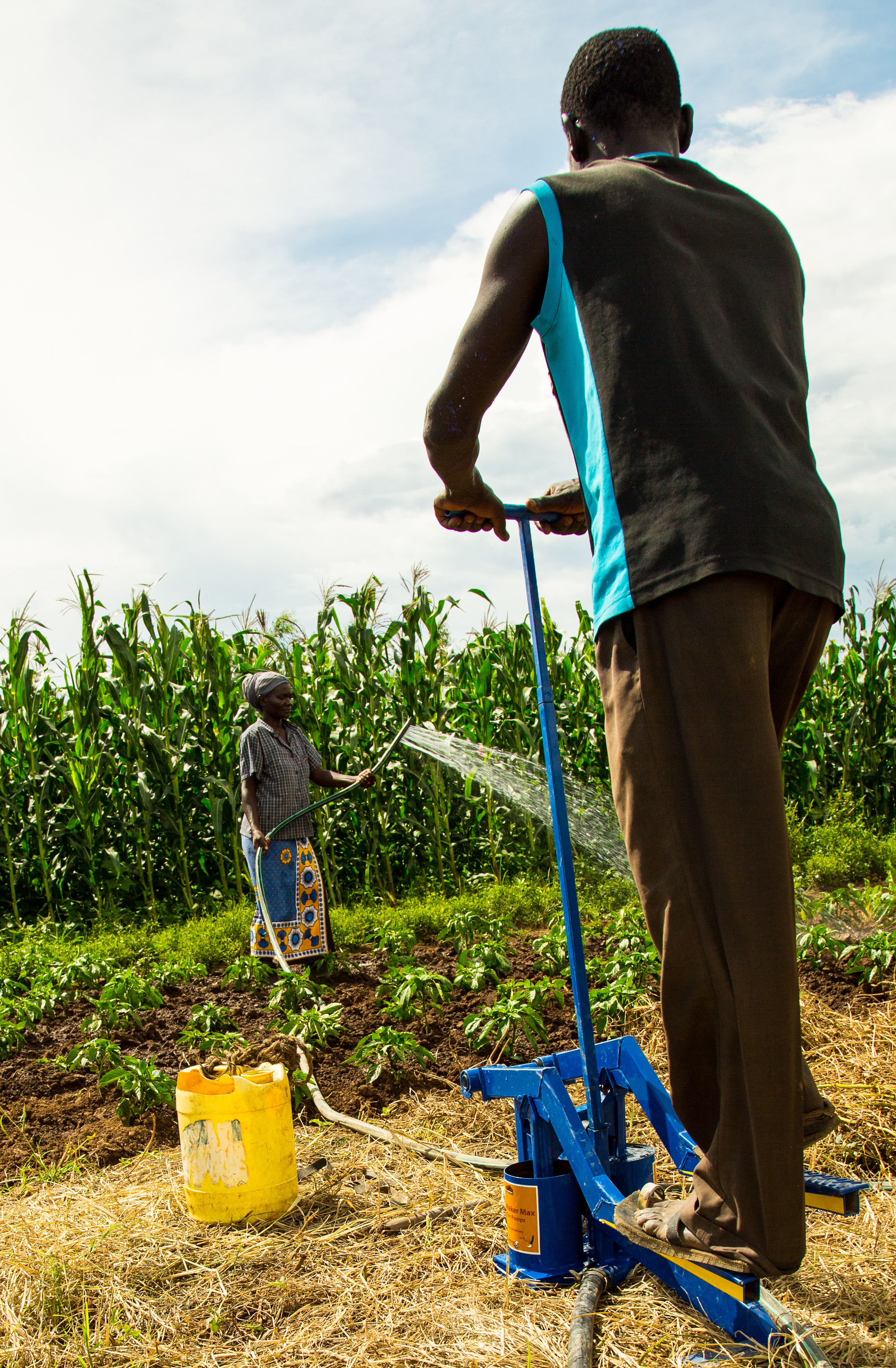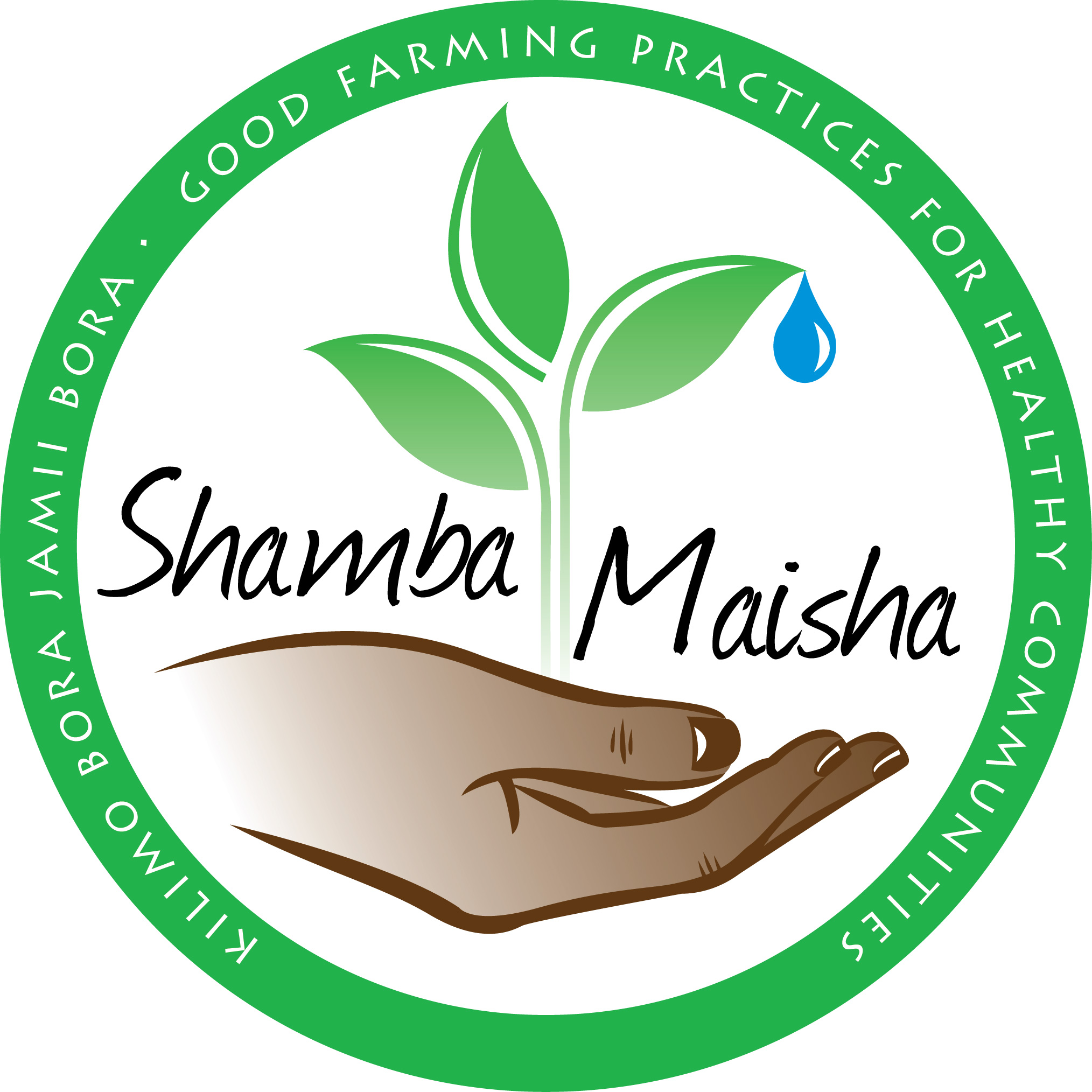Our intervention was co-developed with the University of California, San Francisco (UCSF), Kenya Medical Research Institute (KEMRI), and KickStart International, a non-governmental organization (NGO) based in sub Saharan Africa that has introduced a human-powered irrigation pump, enabling farmers to grow high yield crops year-round.
- In 2007-2008, we demonstrated the feasibility of an income-generating micro-irrigation intervention among 30 HIV-positive patients in Kisumu.
- In 2012-2013, we carried out a pilot study of the intervention (PIs Cohen/Weiser) with 140 HIV-positive patients at two district hospitals in the Nyanza Region, one randomized to the intervention (n=72 participants) and one to the control arm (n=68 participants). We found a statistically significant increase in CD4+ cell counts and proportion virologically suppressed in the intervention arm compared with the control arm. Intervention participants also experienced significant improvements in food security and frequency of food consumption compared to controls.[1] A parallel study (PI Butler) was conducted with 200 children and their primary caregivers who resided in the households of the adults enrolled in the ‘parent’ study. Children who resided in intervention households had statistically significant gains in growth over a 1 year follow-up period.
- In June 2016, we began enrollment in Kisumu for the current, cluster-randomized trial. We enrolled 746 adults, 372 children (with their primary caregiver), and 250 adolescent girls (with their primary caregiver), who reside in the households of adults enrolled in the parent study. We completed participant enrollment in December 2017 and participant follow-up in December 2019. Adult and child participants were followed for 2 years and adolescent girls at endline to assess intervention impacts on food and water security nutritional and clinical outcomes amongst adults; nutritional, clinical and developmental outcomes amongst children; and nutritional, sexual and reproductive health outcomes amongst adolescent girls. We also completed in-depth interviews with participants focused on land access, climate change, pregnancy, and process evaluation. We also completed in-depth interviews with key informants.
Reference
1. Weiser, S.D., et al., Shamba Maisha: randomized controlled trial of an agricultural and finance intervention to improve HIV health outcomes. AIDS, 2015. 29(14): p. 1889-94.

